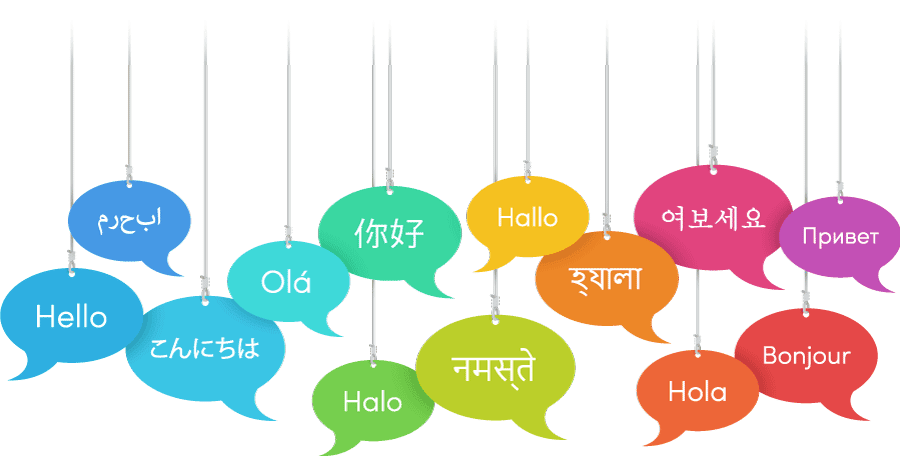Gaelic – An Indigenous Language

Why are languages important?
Language is important in everybody’s daily life; it is a tool for communicating, for education and for social integration and development. It’s also through language that everybody’s identity, cultural history, traditions and memories are preserved.
UNESCO – Endangered Languages of the World
Between 2004 and 2005 the Discovery Channel broadcast a series of video clips, which they made with the UN, which highlight endangered communities in different parts of the world.
The languages of these communities are in danger of dying out because the number of people speaking them is so low and decreasing all the time. The largest population of a community in this series was 5,000 and the lowest was 300.
What is an endangered language?
An endangered language is a language which could fall out of use as the speakers of the language die out or shift to speaking another language.
Language loss happens when there are no native speakers left and it is then a dead language.
If no one at all can speak a language that language has become extinct.
A dead language can still be studied using recordings and writings, but it is still dead or extinct if there are no fluent speakers.
Although languages have always become extinct, they are now dying more quickly because of: technology and people, jobs and cultures moving around the world; powerful countries controlling or influencing other countries; languages being killed off for political reasons, or a lack of people to keep the language alive.
What is the problem?
Even although languages are so valuable, languages around the world are continuing to become extinct at a frightening rate.
In 2016 the Permanent Forum on Indigenous Languages – a UN organisation – said that 40%, or 2680 of the languages of the world were in danger of becoming extinct.
Downloads
- 1
- 2
